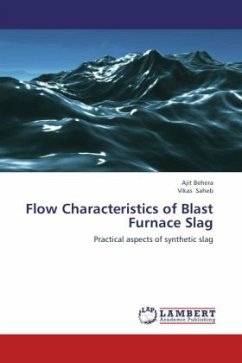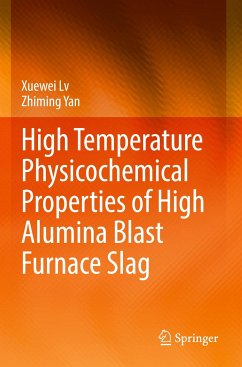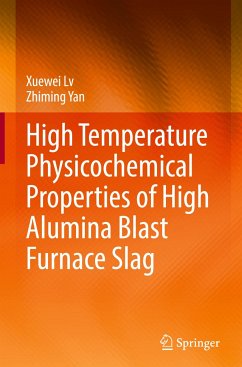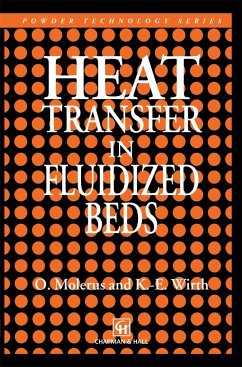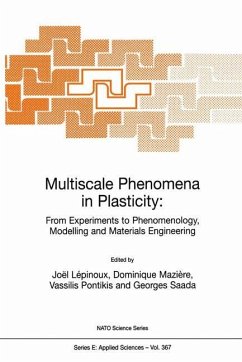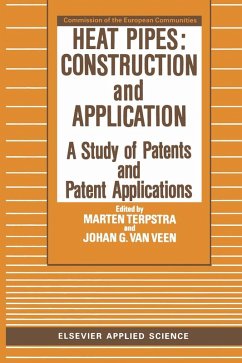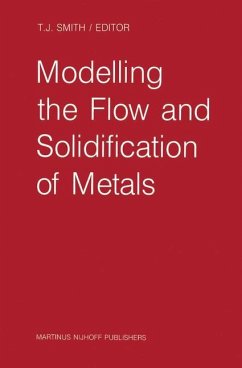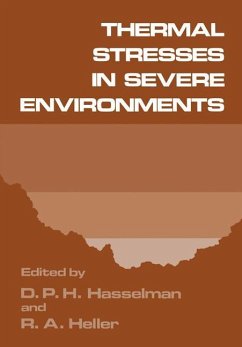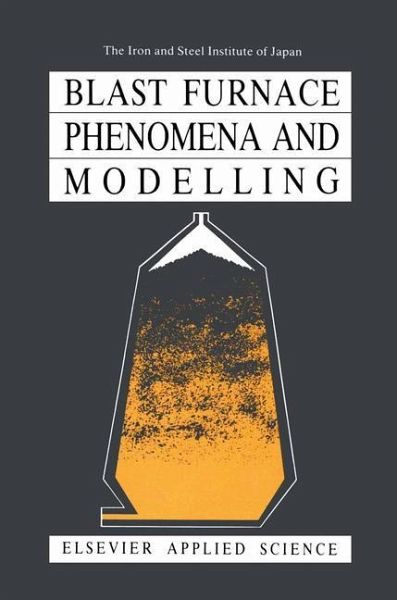
Blast Furnace Phenomena and Modelling
Versandkostenfrei!
Versandfertig in 1-2 Wochen
344,99 €
inkl. MwSt.
Weitere Ausgaben:

PAYBACK Punkte
172 °P sammeln!
As ironmakers are well aware, it was only a few decades ago that the blast furnace was viewed as a strange 'black box'. Recently, however, various in-furnace phenomena have become the subject of serious scientific study, largely as the result of the 'dissection' of dead furnaces, together with the development of advanced monitoring and control techniques. In this way, a new frontier has been opened within the venerable domain of metallurgy. In the light of these new developments, the Committee on Reaction within Blast Furnaces was set up in March 1977 by the Joint Society ofIron and Steel Basi...
As ironmakers are well aware, it was only a few decades ago that the blast furnace was viewed as a strange 'black box'. Recently, however, various in-furnace phenomena have become the subject of serious scientific study, largely as the result of the 'dissection' of dead furnaces, together with the development of advanced monitoring and control techniques. In this way, a new frontier has been opened within the venerable domain of metallurgy. In the light of these new developments, the Committee on Reaction within Blast Furnaces was set up in March 1977 by the Joint Society ofIron and Steel Basic Research - a cooperative research organization of the Iron and Steel Institute of Japan (ISIJ), the Japan Institute of Metals (JIM) and the Japan Society for the Promotion of Science (JSPS). Consisting of twenty-six members and advisors drawn from the fields of academia and industry, this committee collected, discussed, and evaluated numerous papers during its five year commission. Particular attention was paid to the interpretation of findings drawn from the autopsy of dead furnaces, in the context of the live furnace state, and the correlation of data regarding cohesive zone configuration, level, and furnace performance. The results of this intense research activity are presented here in the hope that they will serve not only as a source of enrichment to the professional knowledge of researchers and operators, but also as textual material for graduate students in the field of metallurgy.







